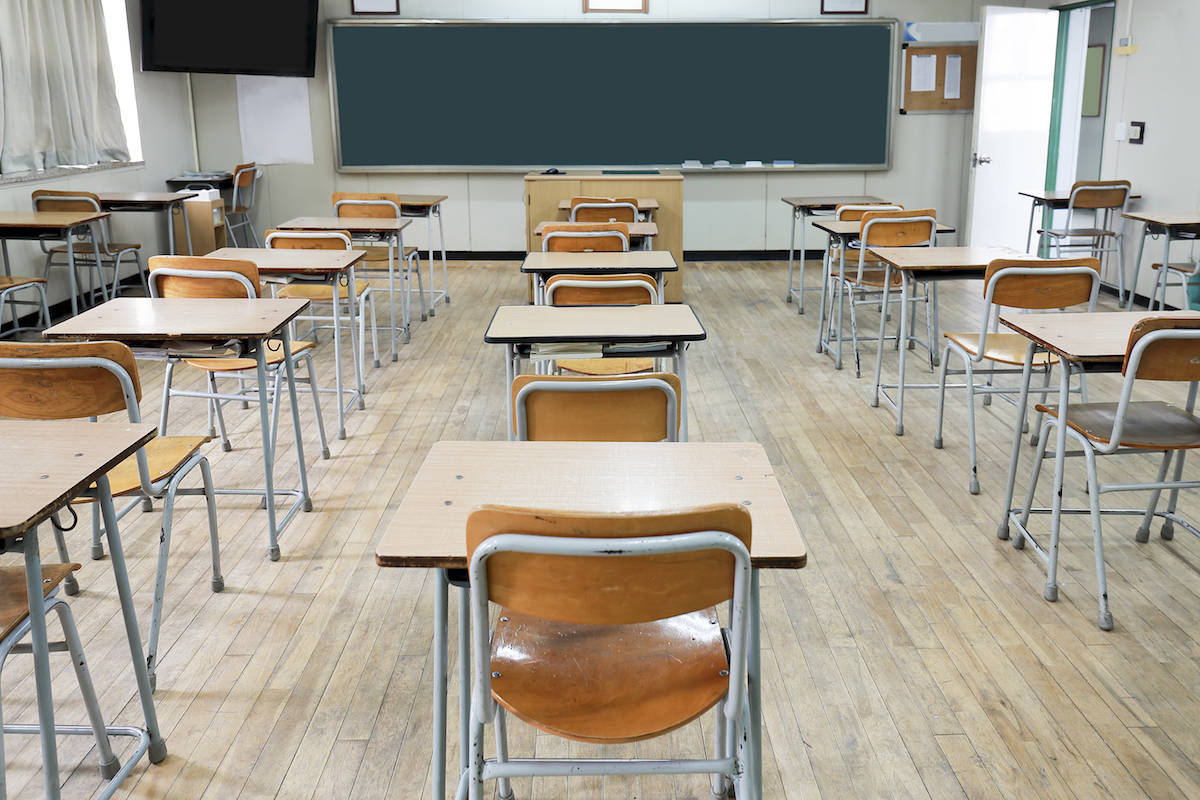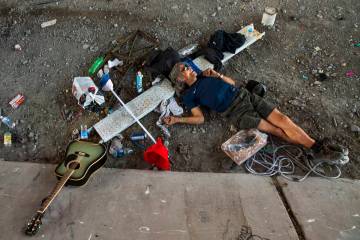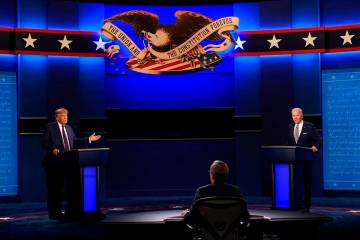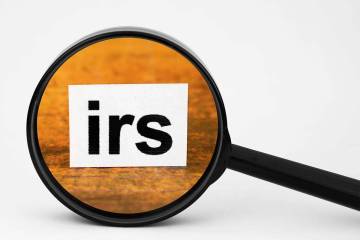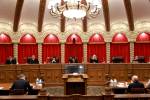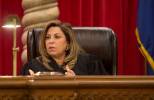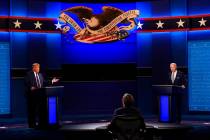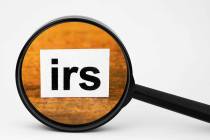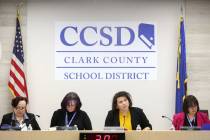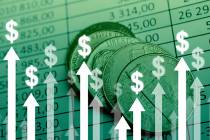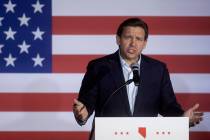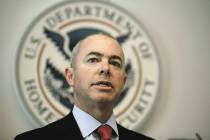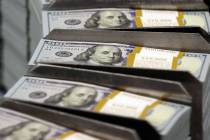EDITORIAL: Two tax initiatives headed to voters
The most significant move of the legislative session so far was something lawmakers didn’t do.
The development reflects Nevada’s unique process for ballot initiatives. An initiative petition drive that gathers enough signatures doesn’t go directly to voters. Instead, the Legislature then has a chance to act on the proposal during the first 40 days of the next session. If lawmakers do nothing, the measure goes to the ballot during the next general election.
Last year, the Clark County Education Association successfully collected signatures on two tax-hiking proposals. The first would raise the gaming tax on large casinos from 6.75 percent to 9.75 percent. This tax is levied on a gaming licensee’s gross revenue, not profit. That means it would raise taxes on resorts and casinos that are losing money.
The second proposal would raise the sales tax by 1.5 percentage points. This would push the sales tax in Clark County to nearly 10 percent, one of the highest rates in the country.
March 12 was the deadline for lawmakers to act on these proposals. But majority Democrats took a pass — and for good reason. These tax increases are the wrong policy at the worst time.
For decades, Nevada has tried to fix its flailing education system by dumping more money into it. In both 2003 and 2015, the Legislature approved the largest tax increase in state history at the time with the money directed to the public school system. The results have been unimpressive, to say the least. Nevada remains near the bottom of most natonal ranking ov student test scores.
Now the union wants a repeat of the same failed strategy.
These taxes hikes would batter an economy devastated by the coronavirus pandemic and Gov. Steve Sisolak’s continued restrictions. Casinos, always an easy populist target, had to shut down for months. Many have yet to reopen. Sluggish casinos aren’t just bad for executives and shareholders. Housekeepers, dealers and other casino employees were hurt financially as well. Their job and income losses stunt the broader economy.
Saddling Las Vegas’ key industry with a massive tax hike while boosting the local sales tax to California-level heights would have serious and far-reaching consequences. Imposing a significant jump in the sales tax would directly hurt low- and middle-income families and their children.
It’s worth noting that neither proposed tax increase includes any accountability provision intended to promote student achievement or to ensure that taxpayers will see results for their increased “investment.”
These initiatives — which were the union’s attempt to pressure lawmakers to open the checkbook — are so toxic that the sponsor is openly floating the idea of withdrawing them. CCEA Executive Director John Vellardita hinted that if legislators passed a tax hike during session that met with his approval, the union could withdraw the initiatives. Whether that would even be possible is a matter for debate. But given the state’s supermajority requirement to impose tax hikes, it’s unlikely there are enough votes in Carson City to enact massive tax increases.
That means voters will likely get the final say next November. The last time the union tried a similar gambit — a margins tax on business in 2014 — its scheme failed spectacularly at the polls, losing 79-21. Times have changed since then. But Nevada voters should remain highly skeptical that this latest money grab — absent any accountability measures or performance benchmarks — will result in anything more than a continuation of the dismal status quo.



